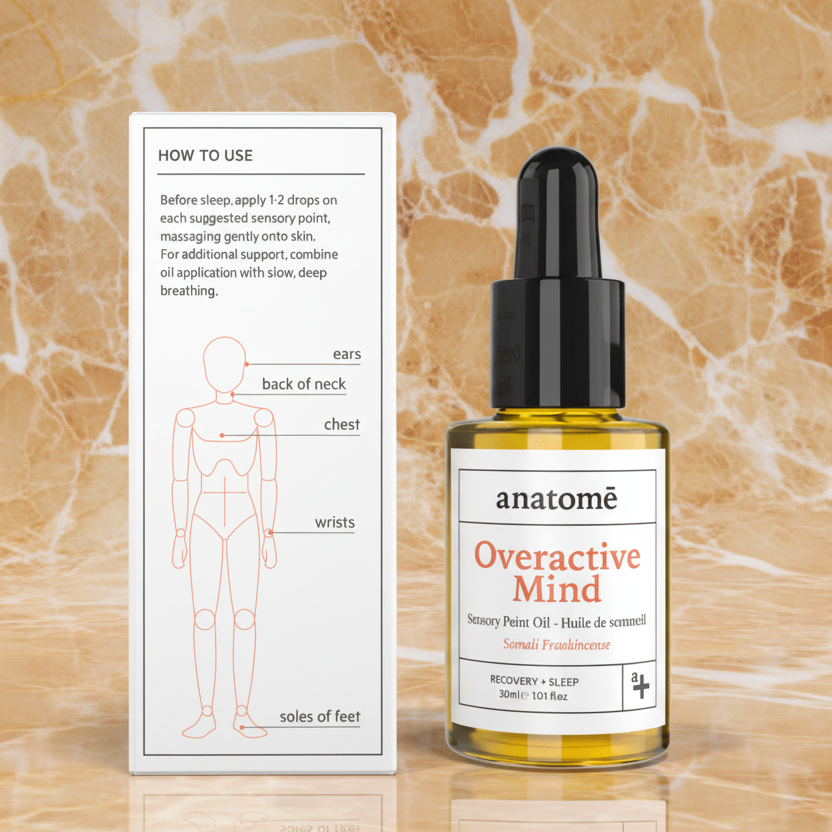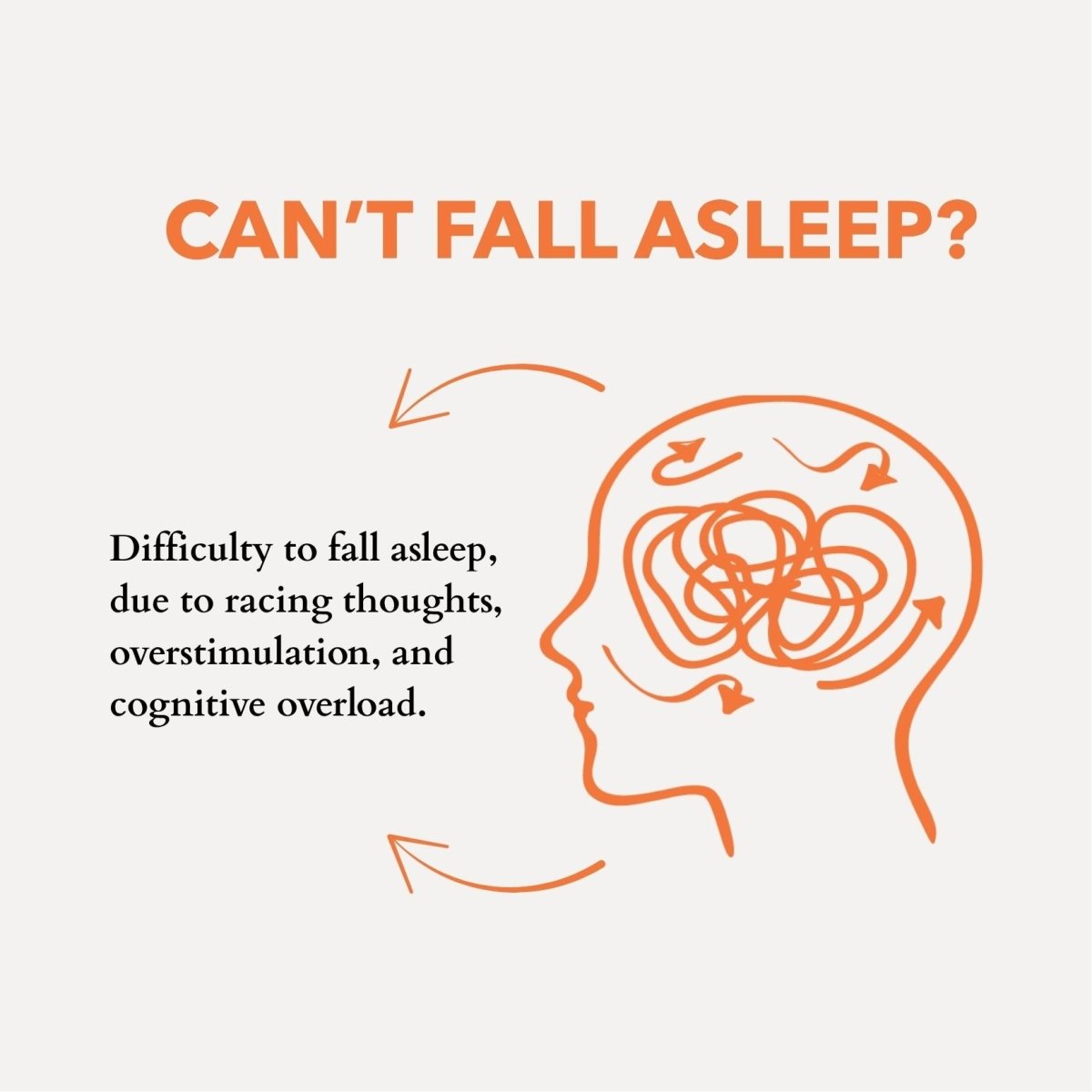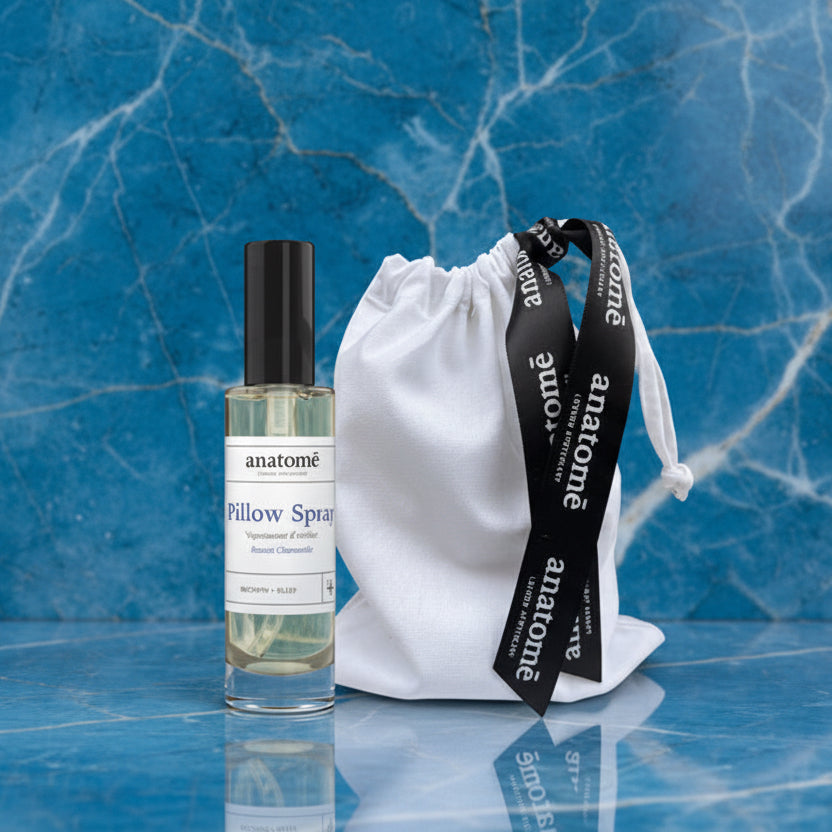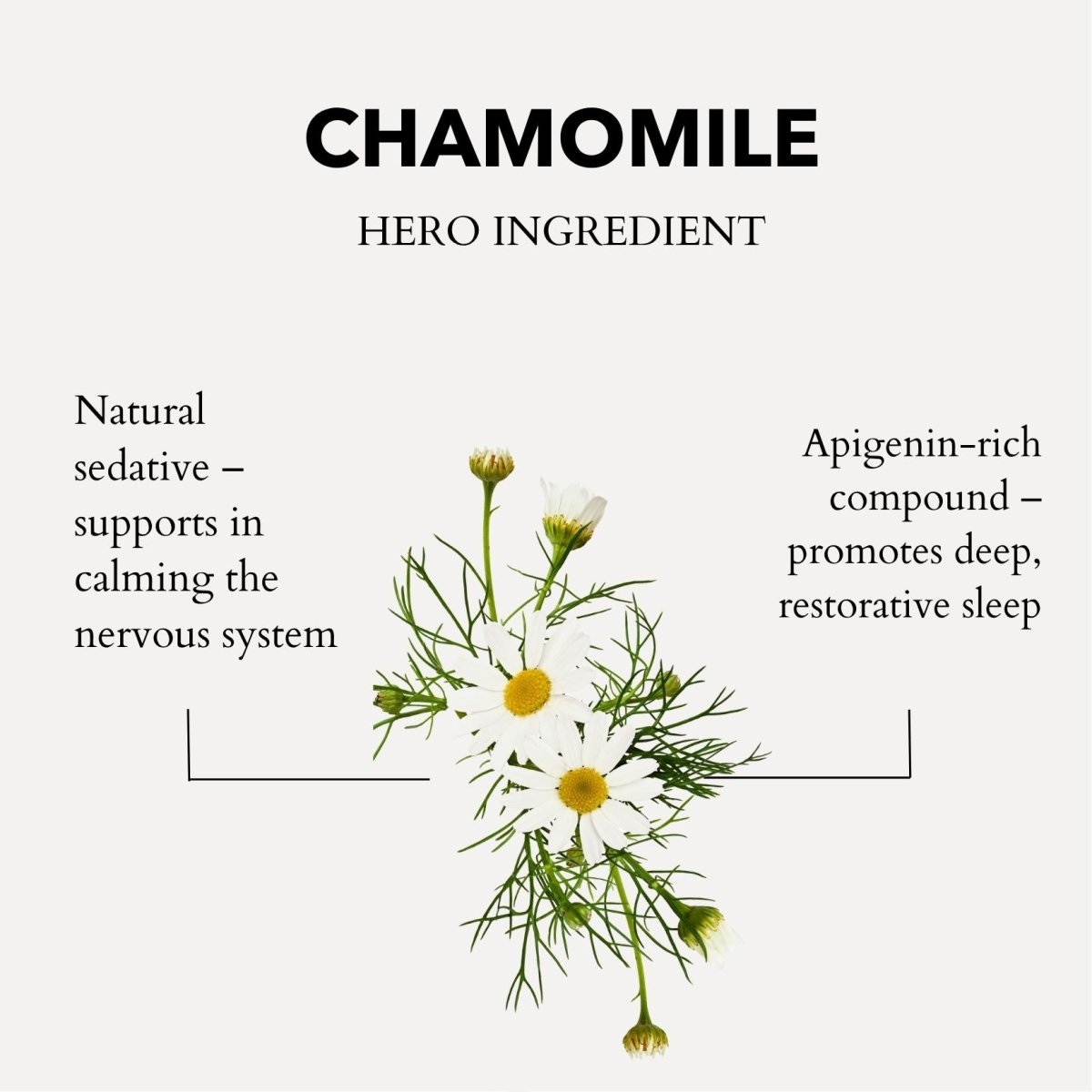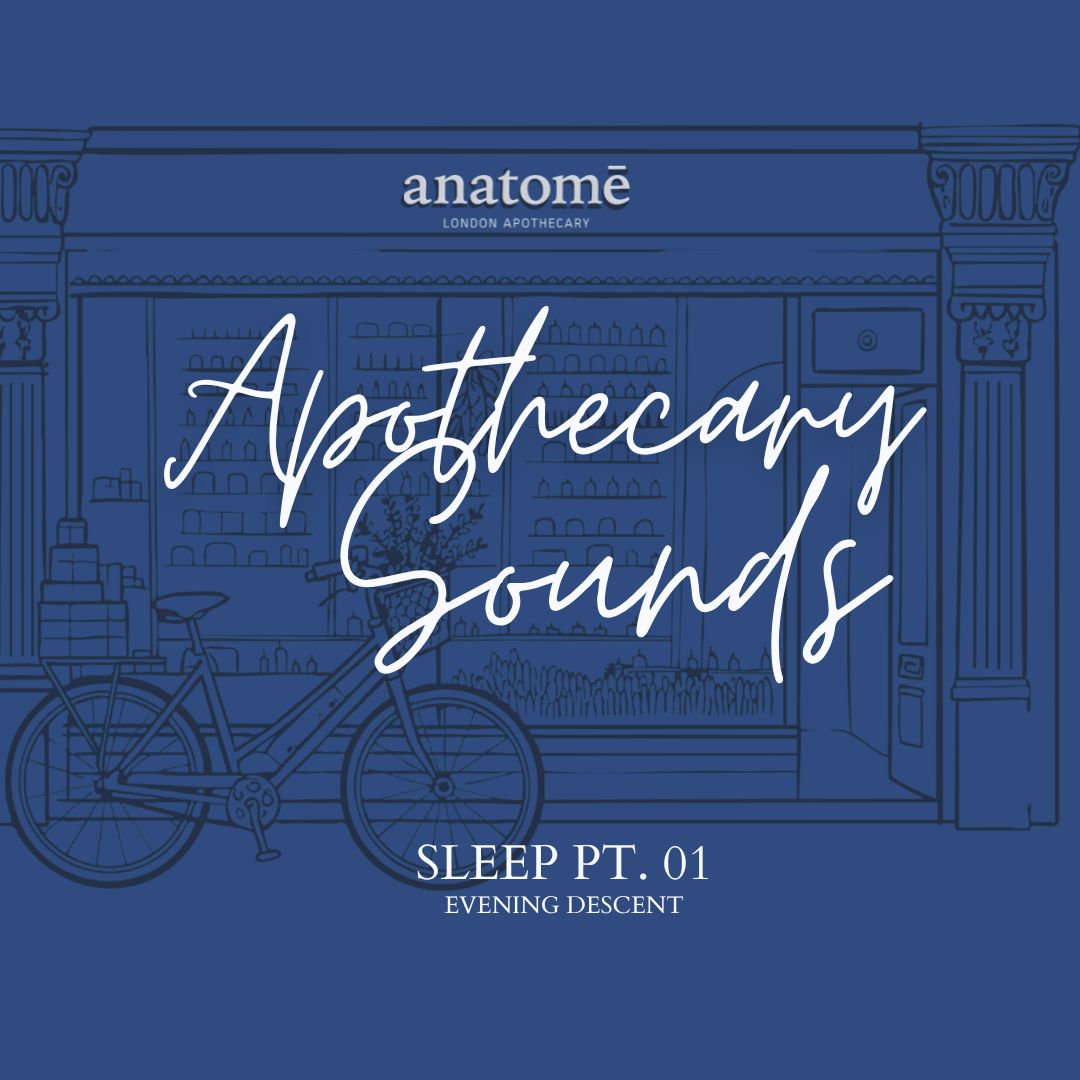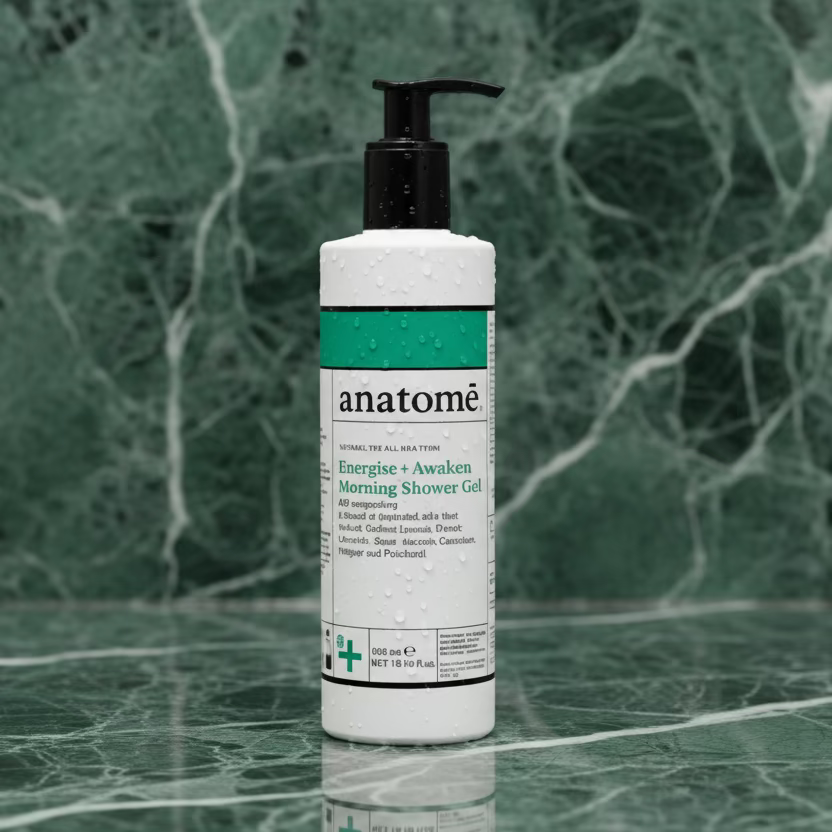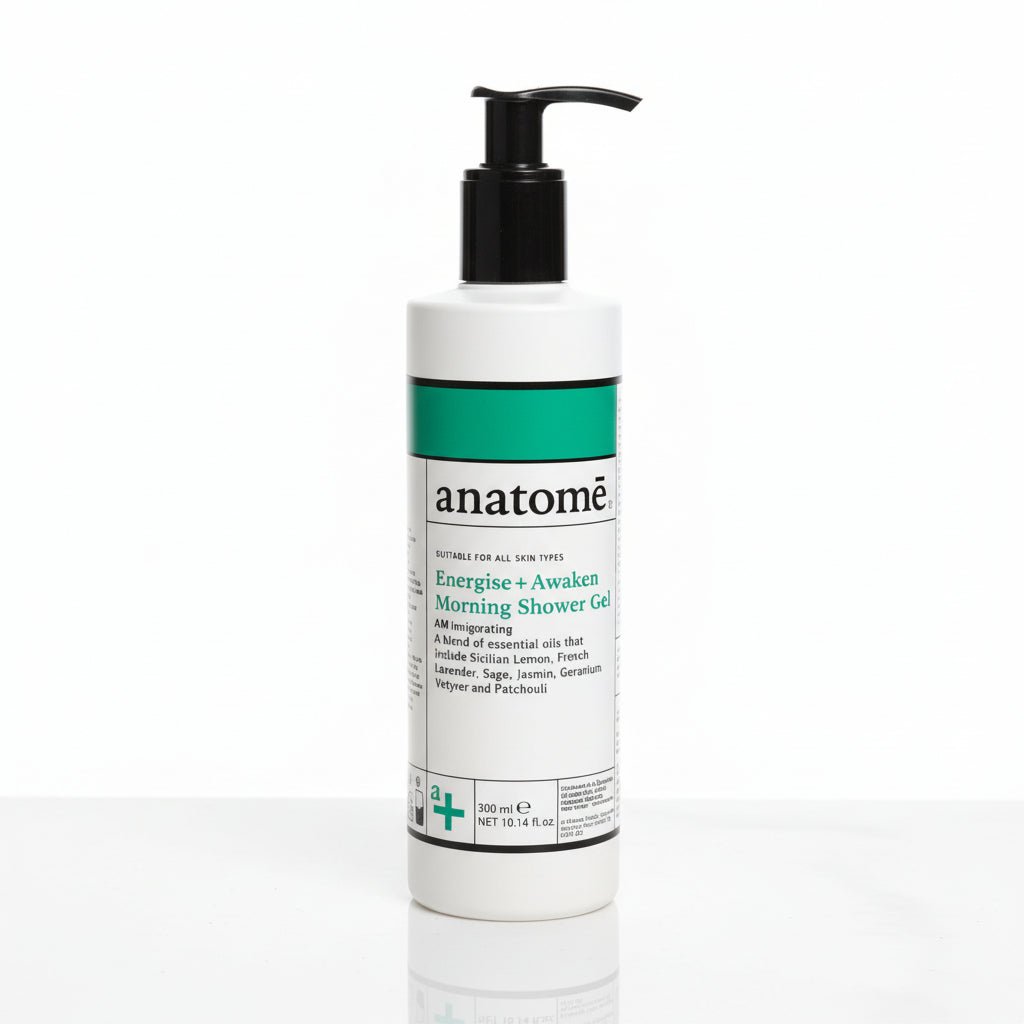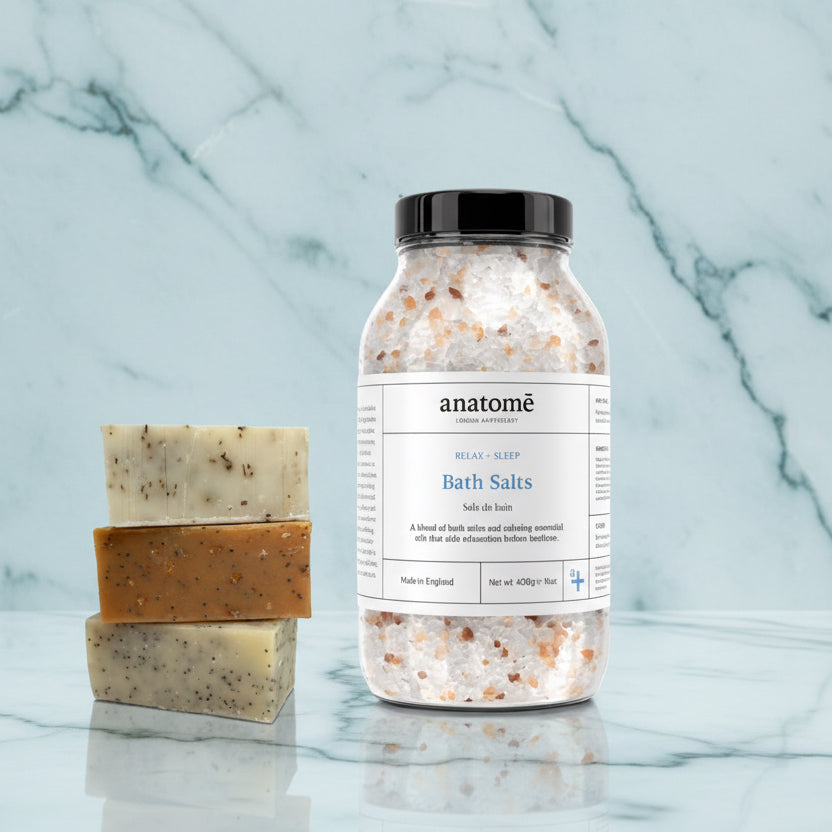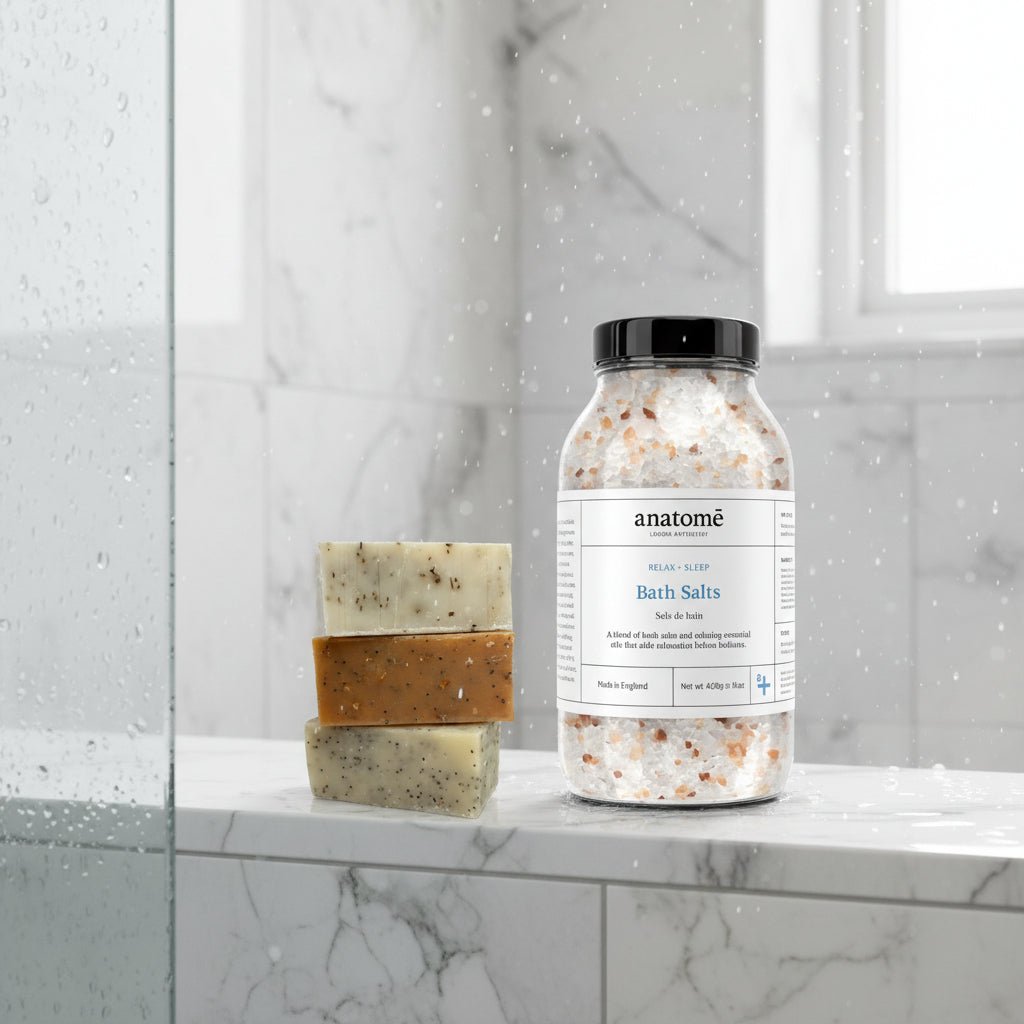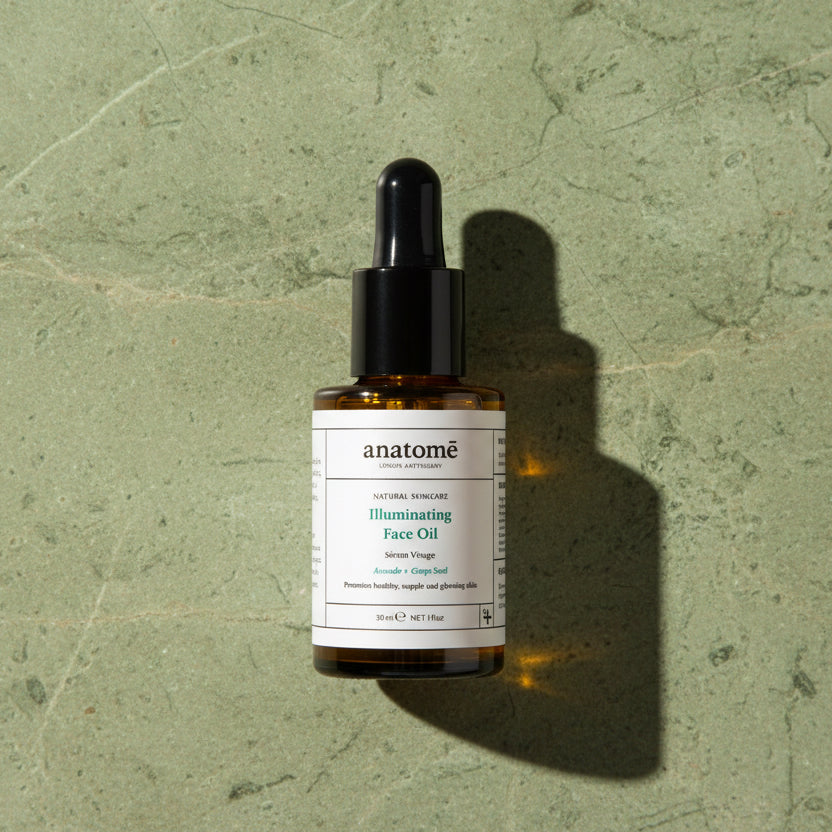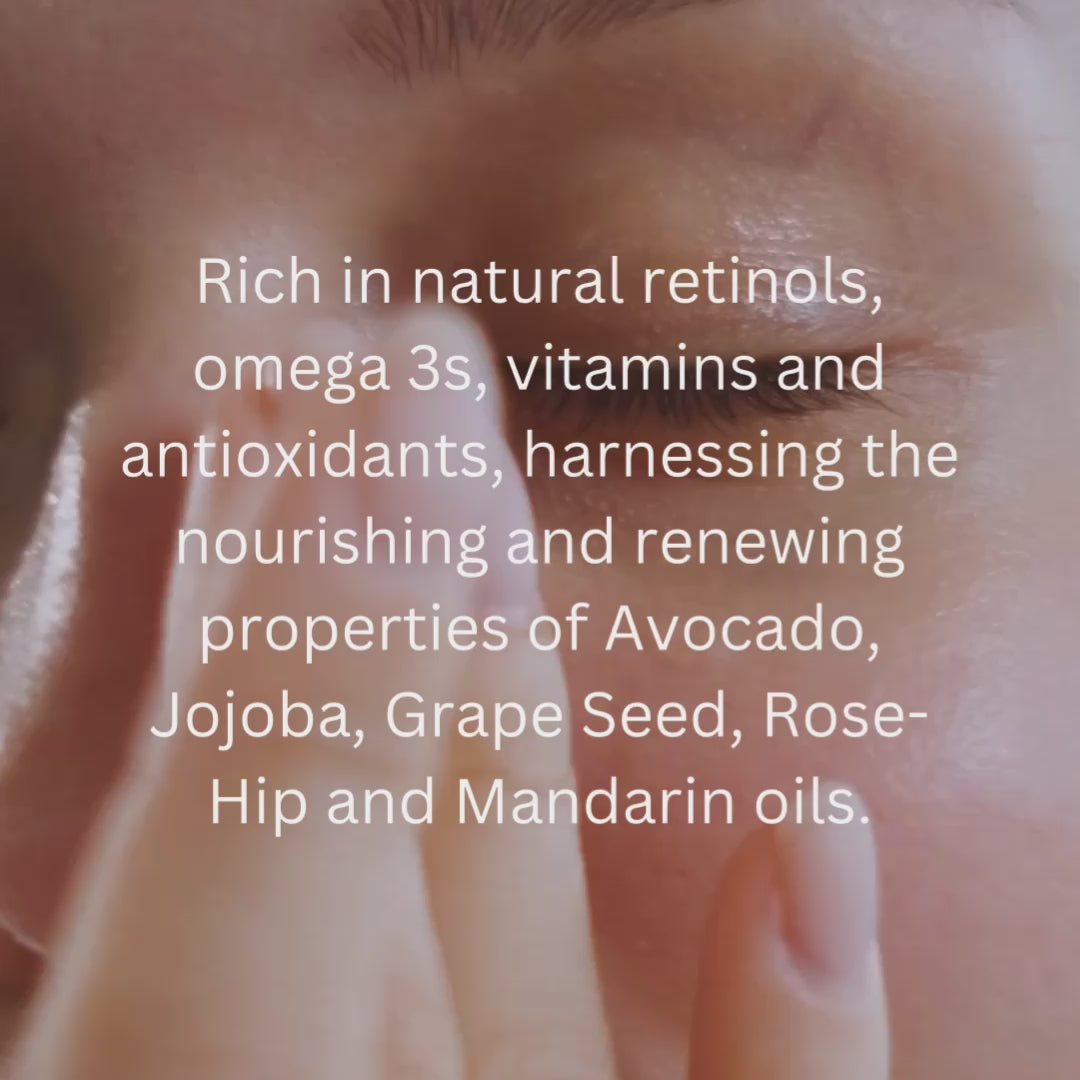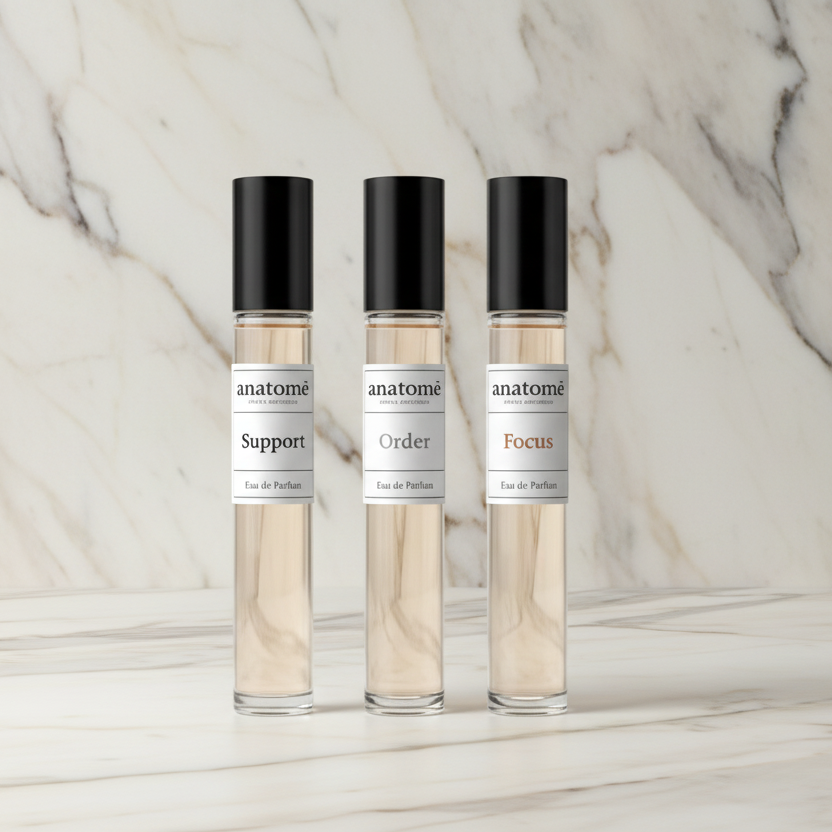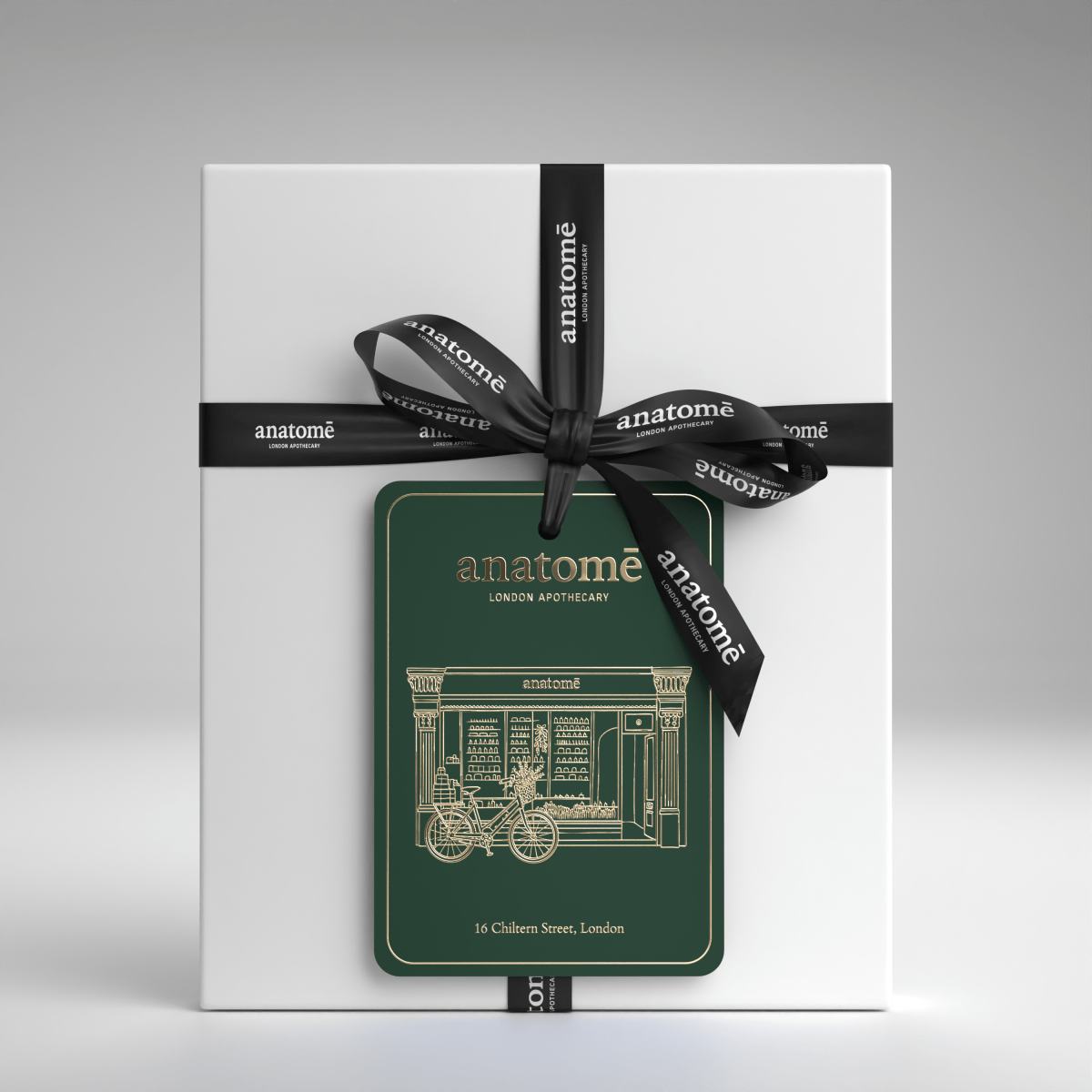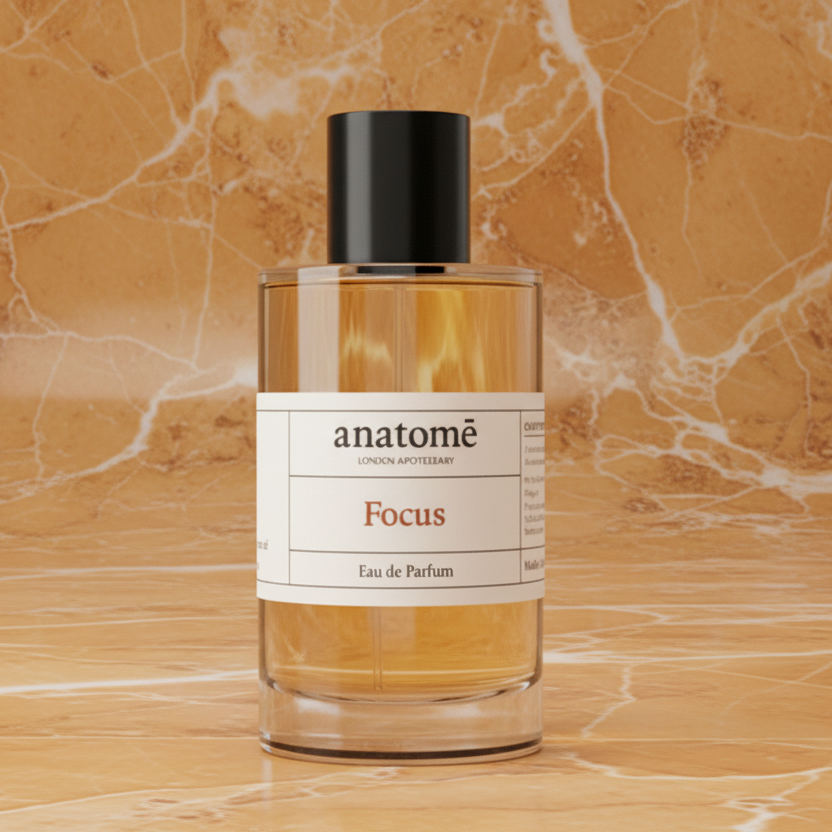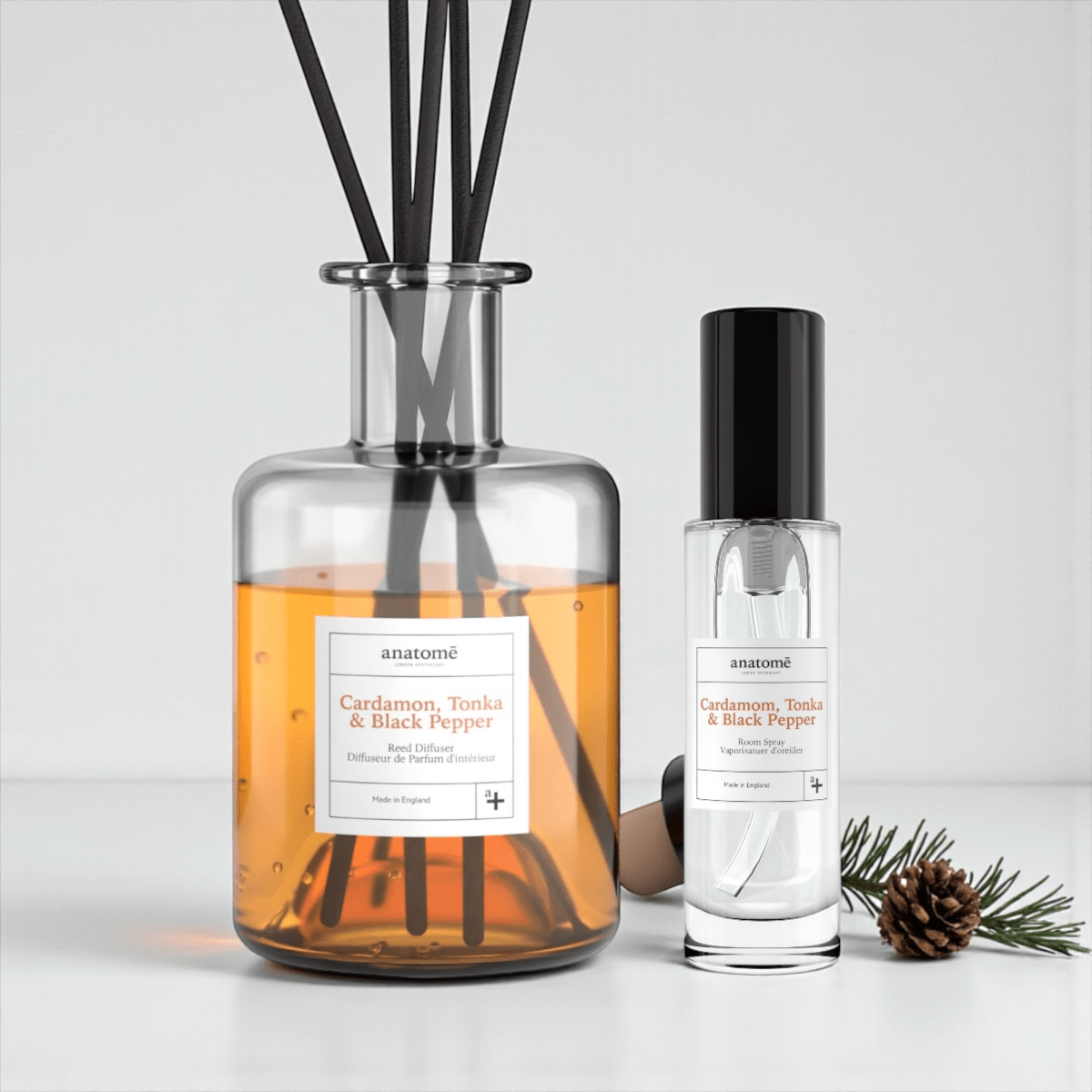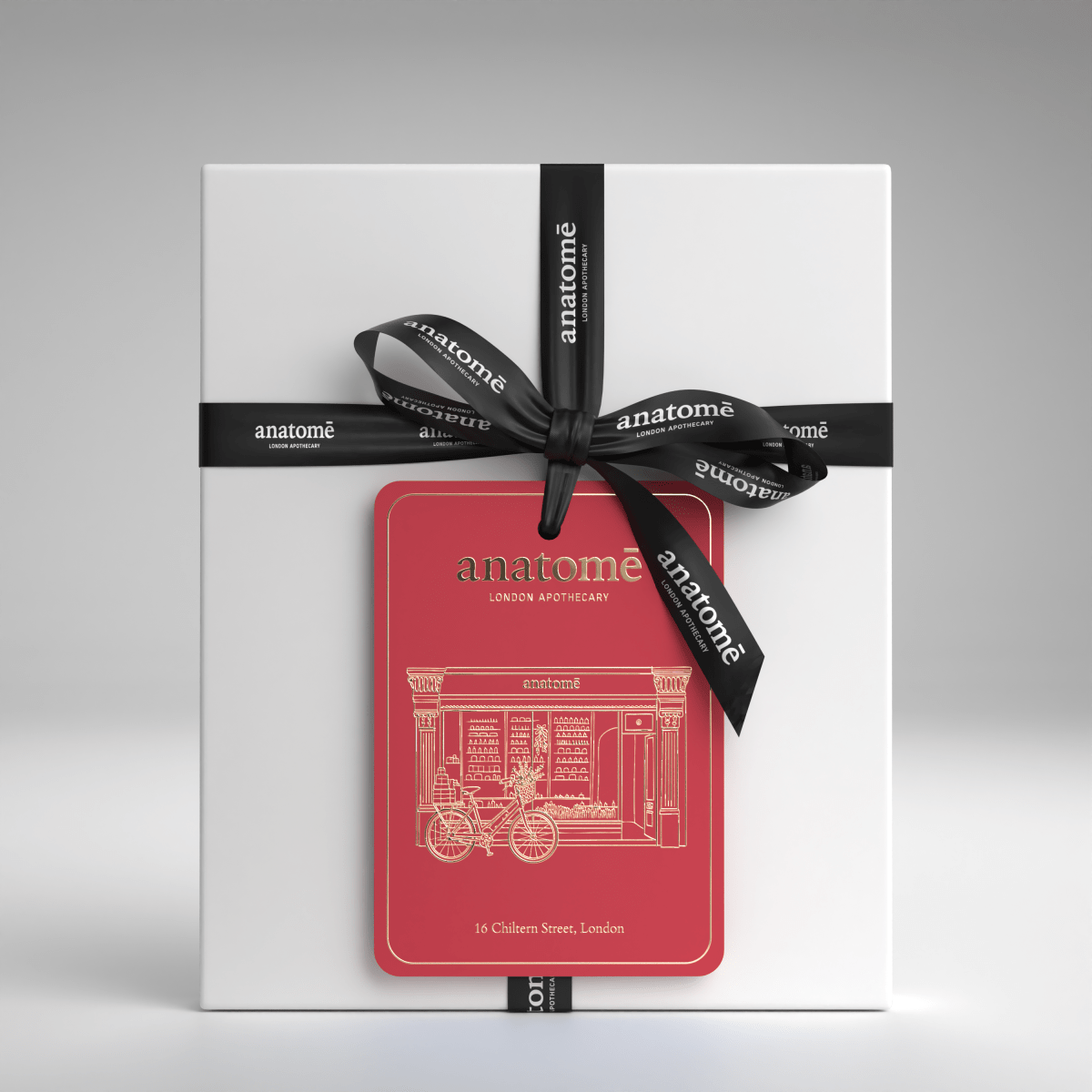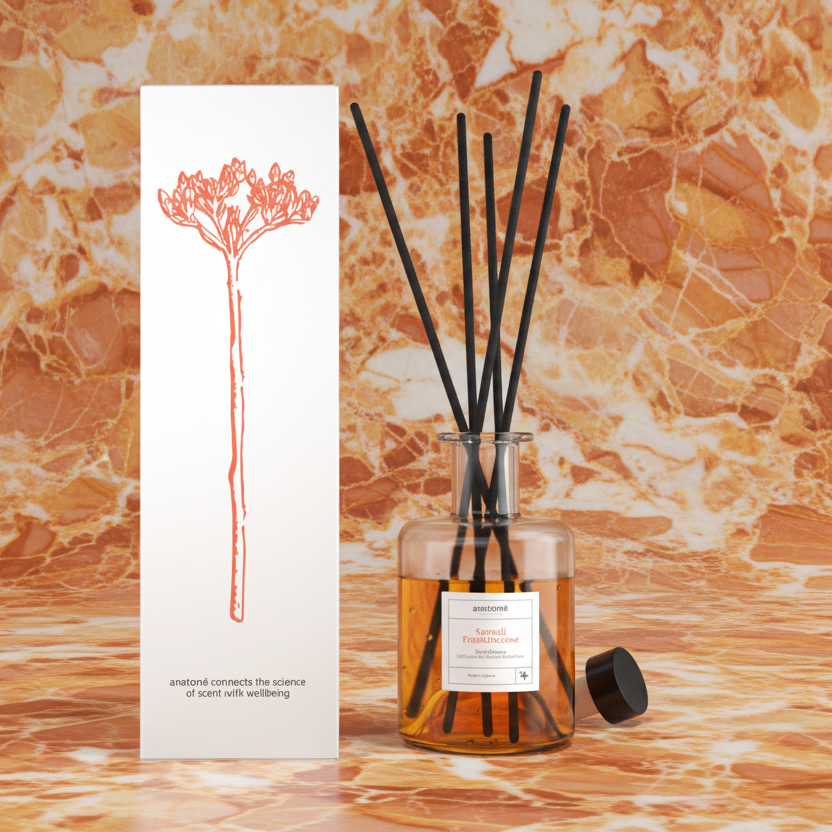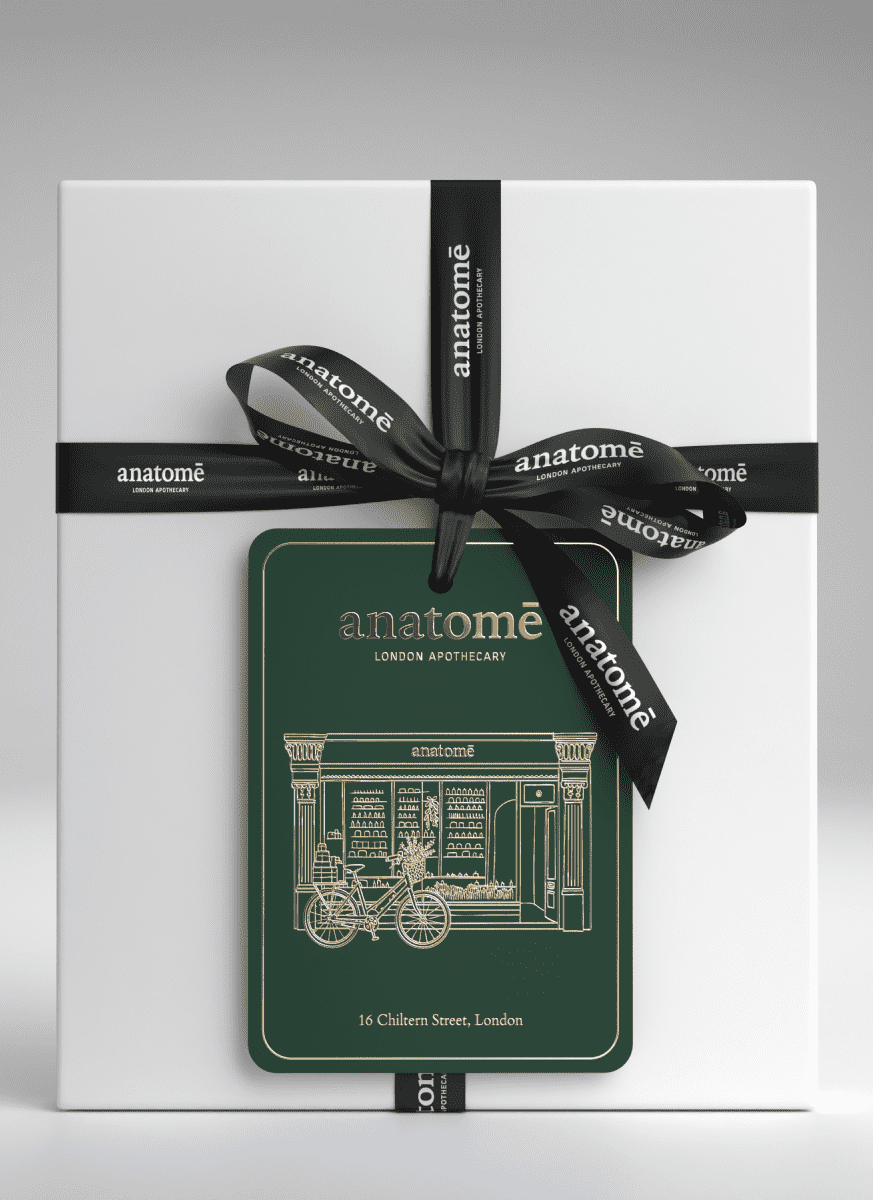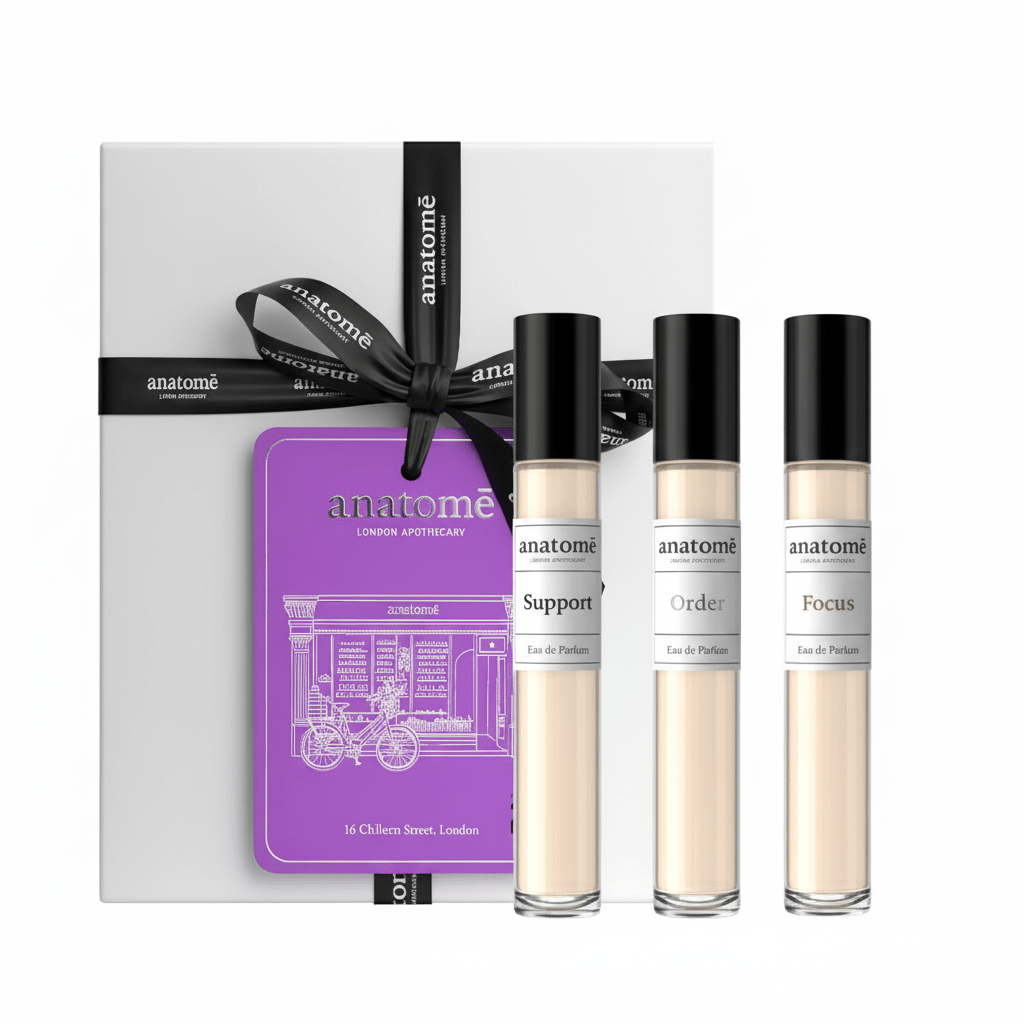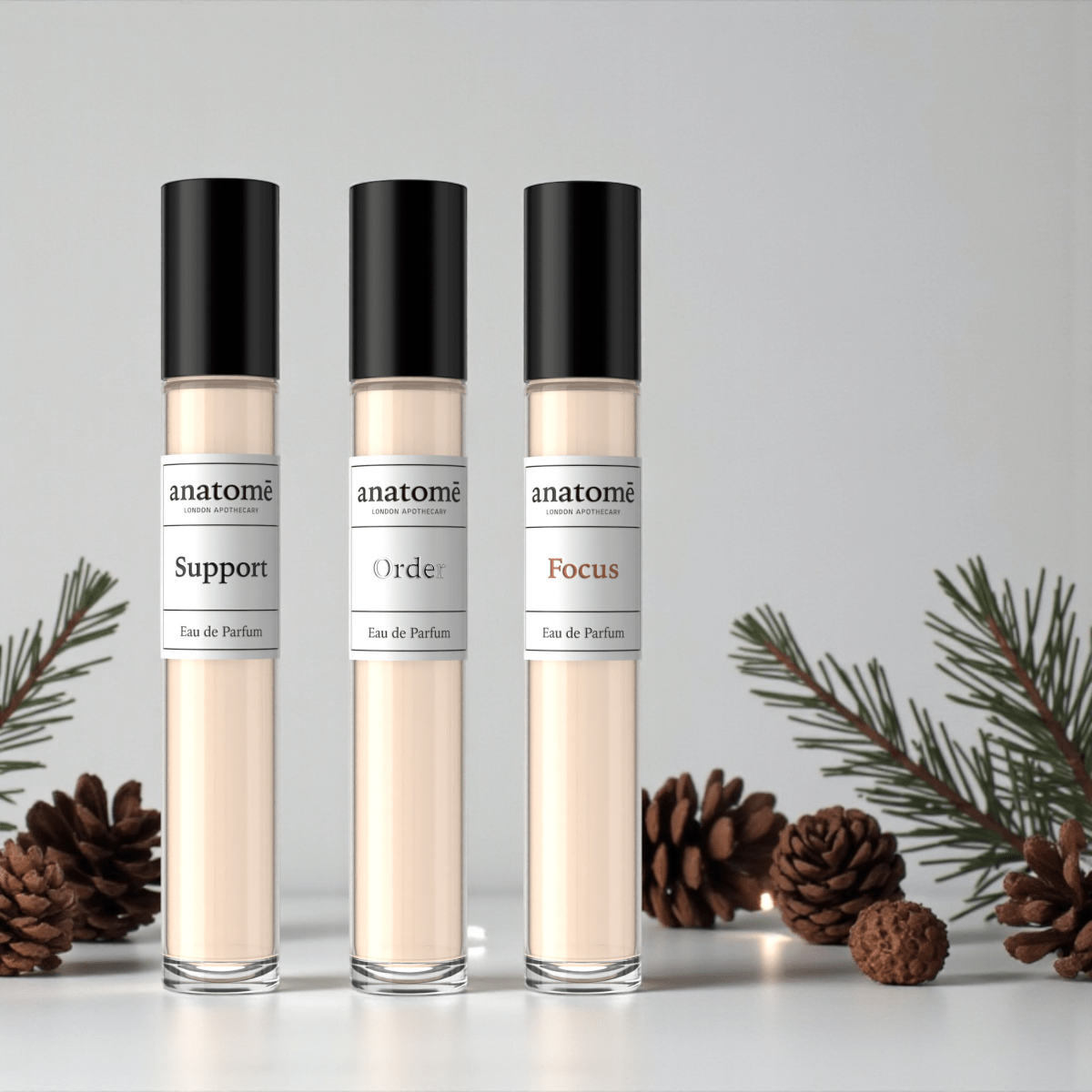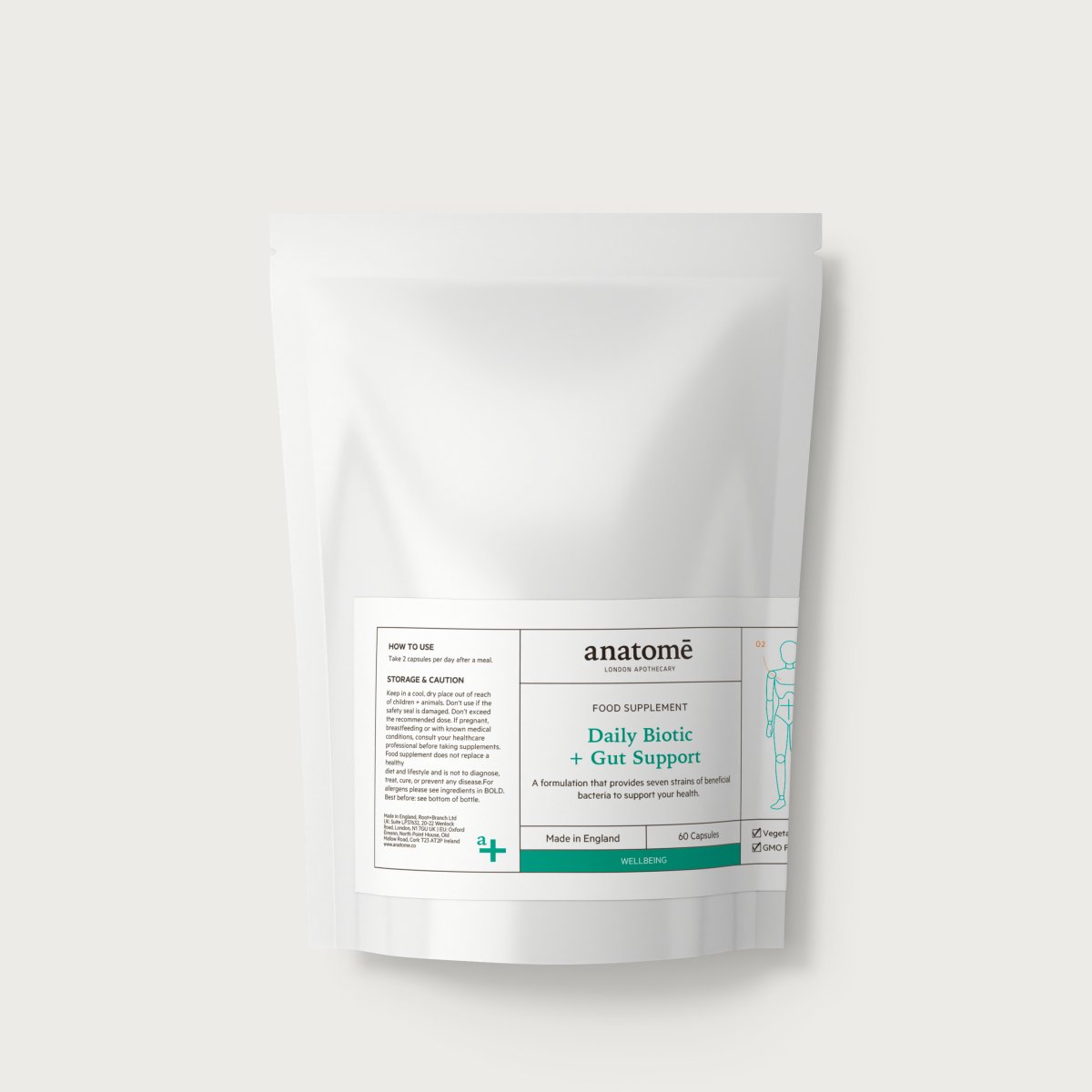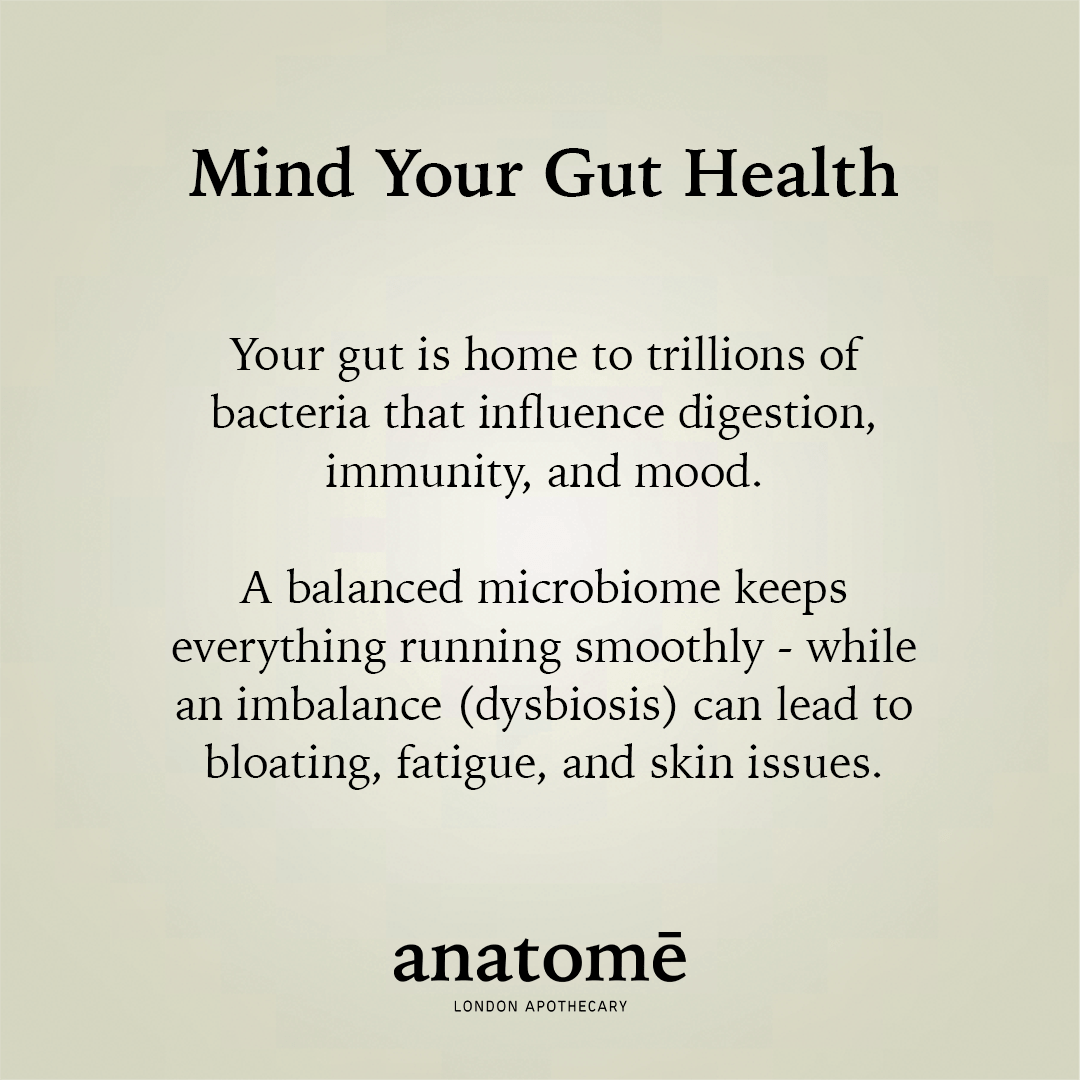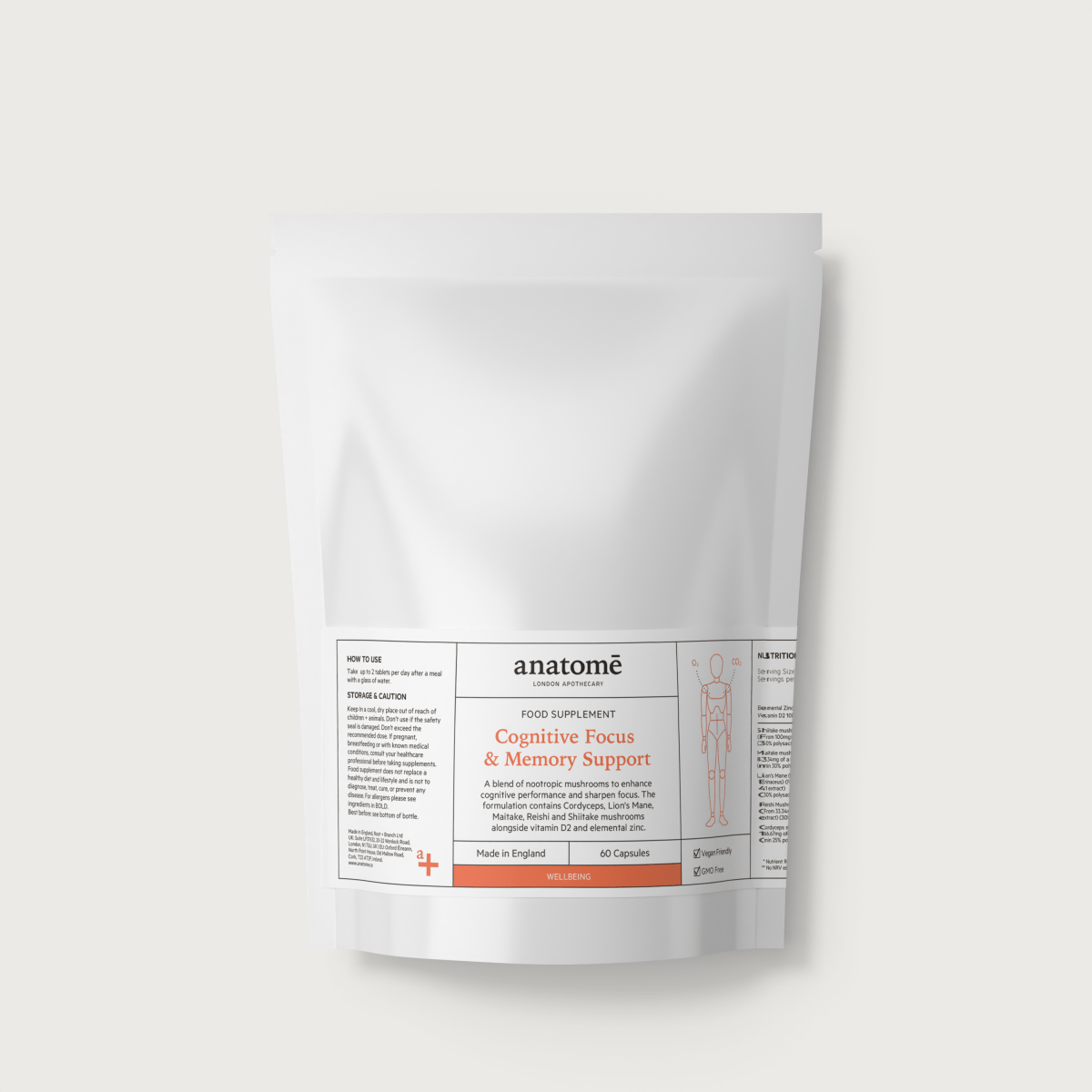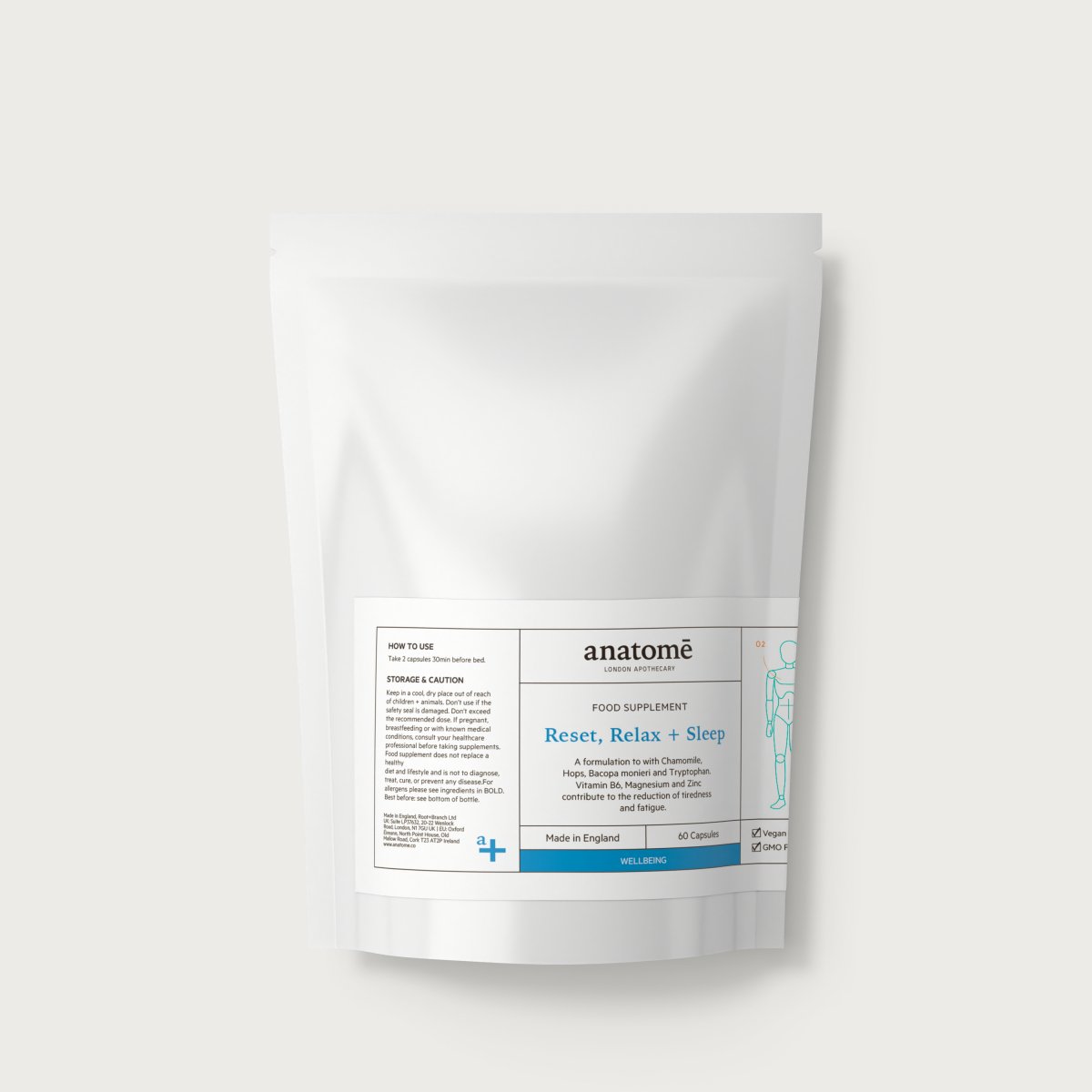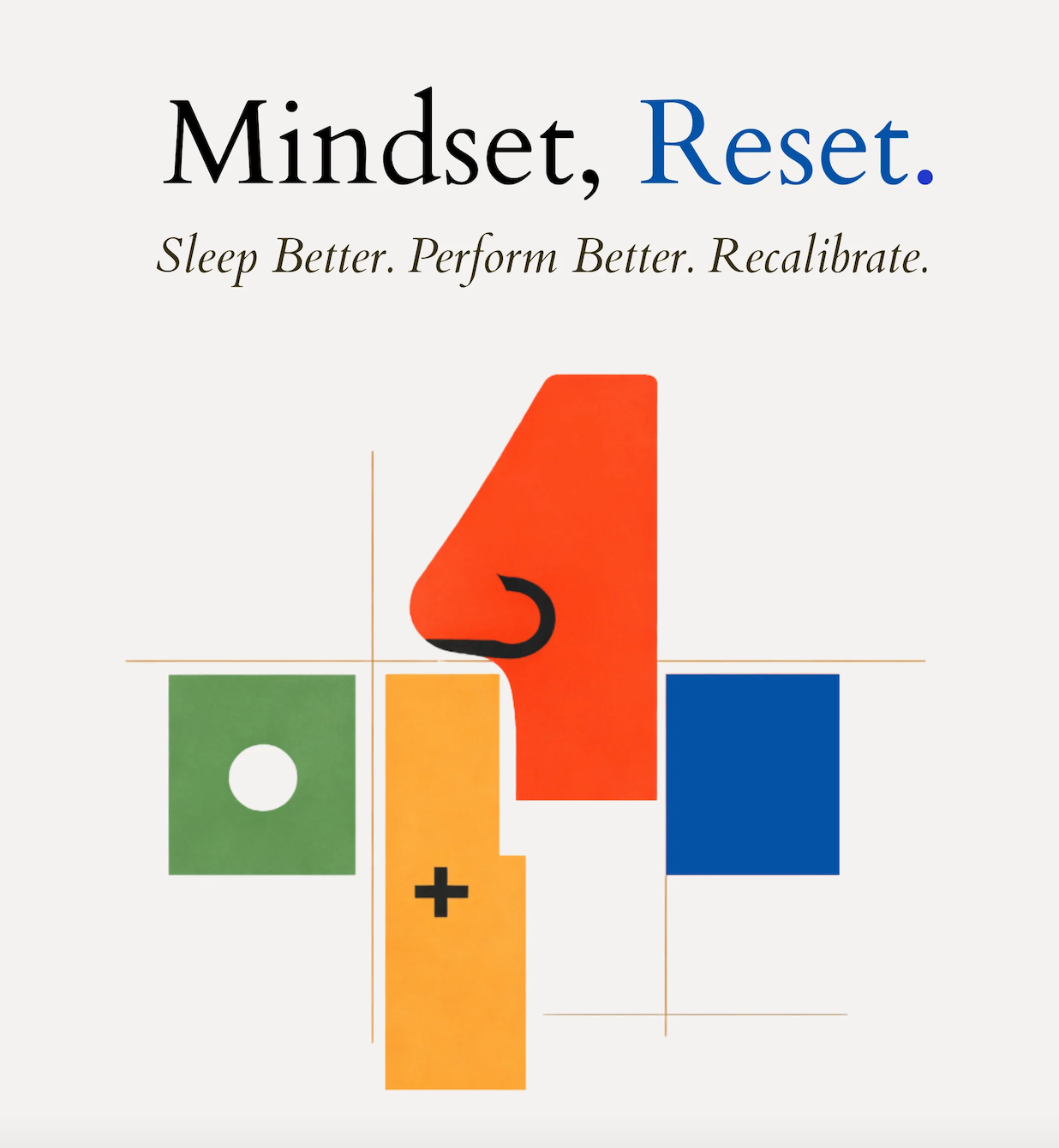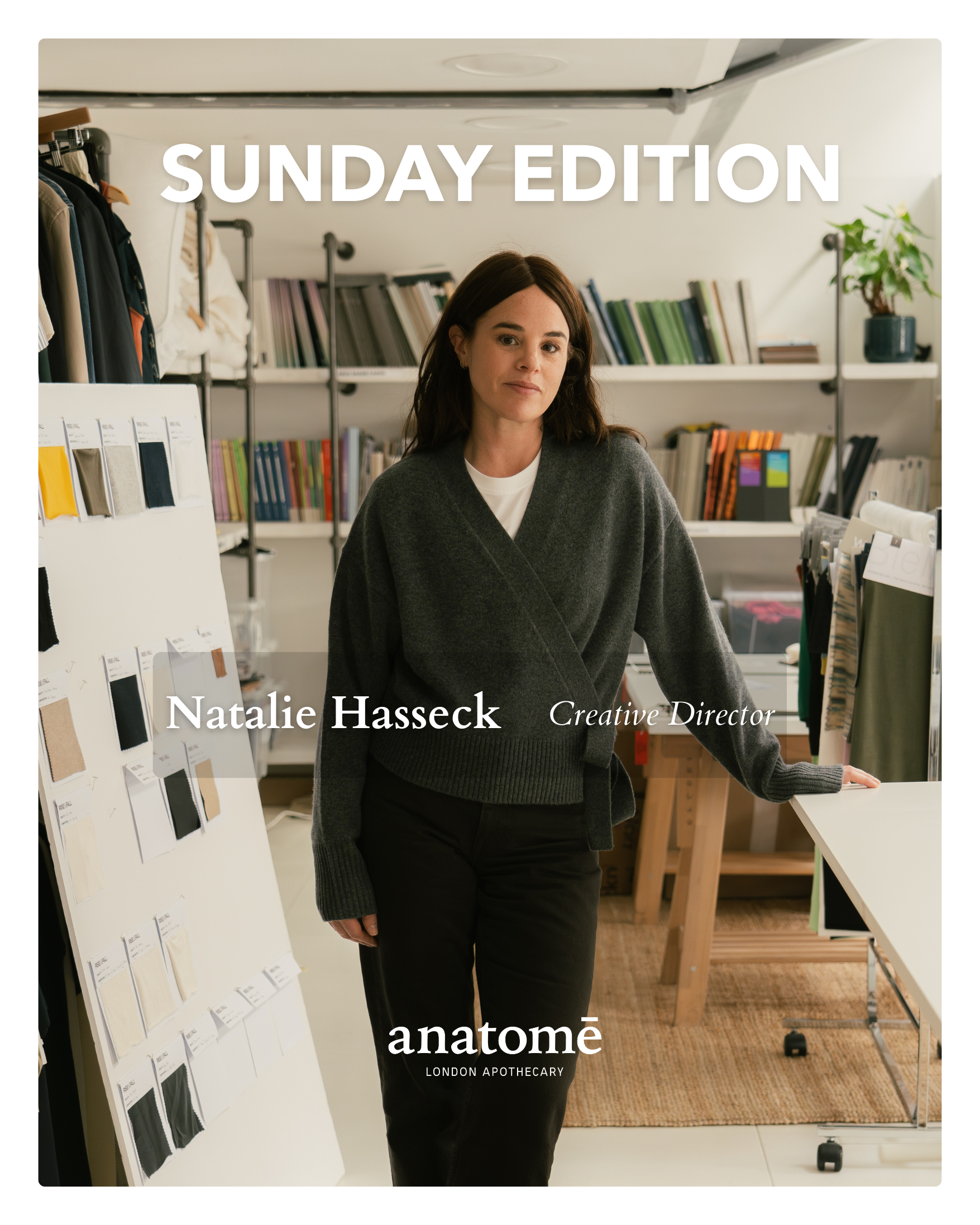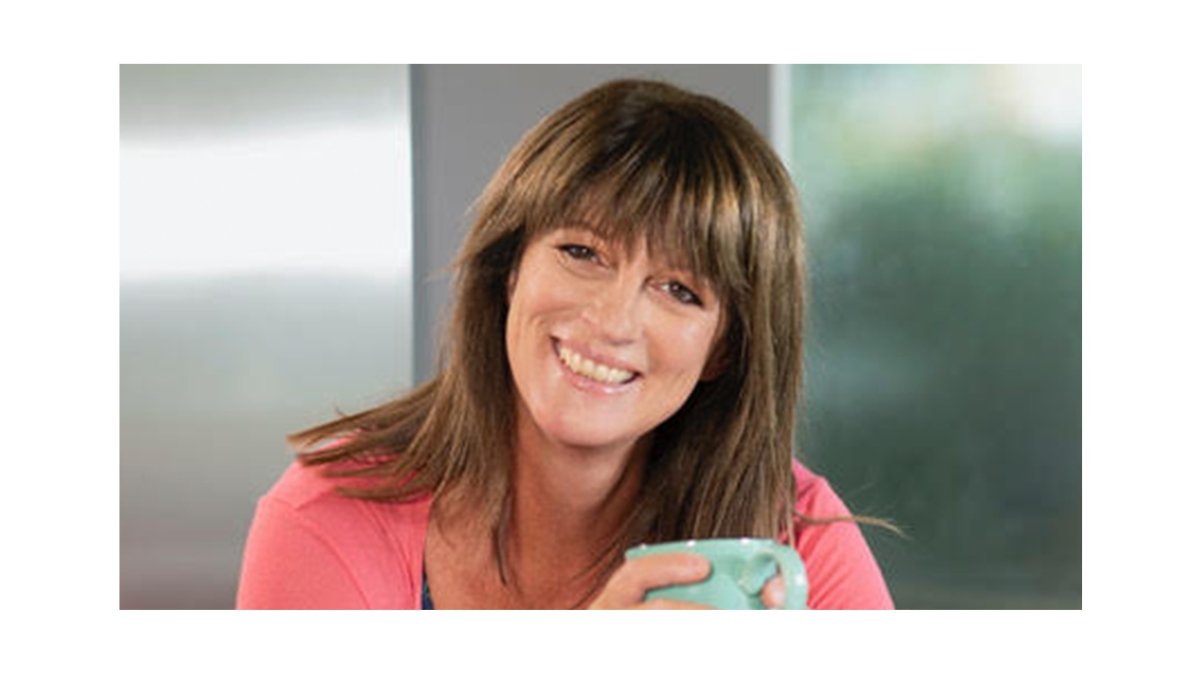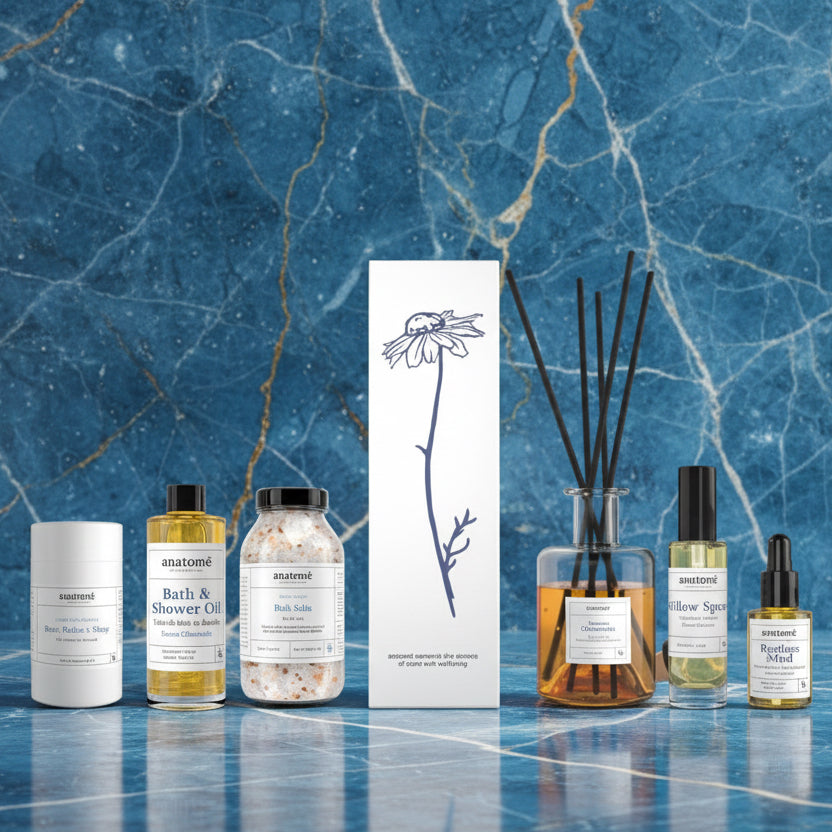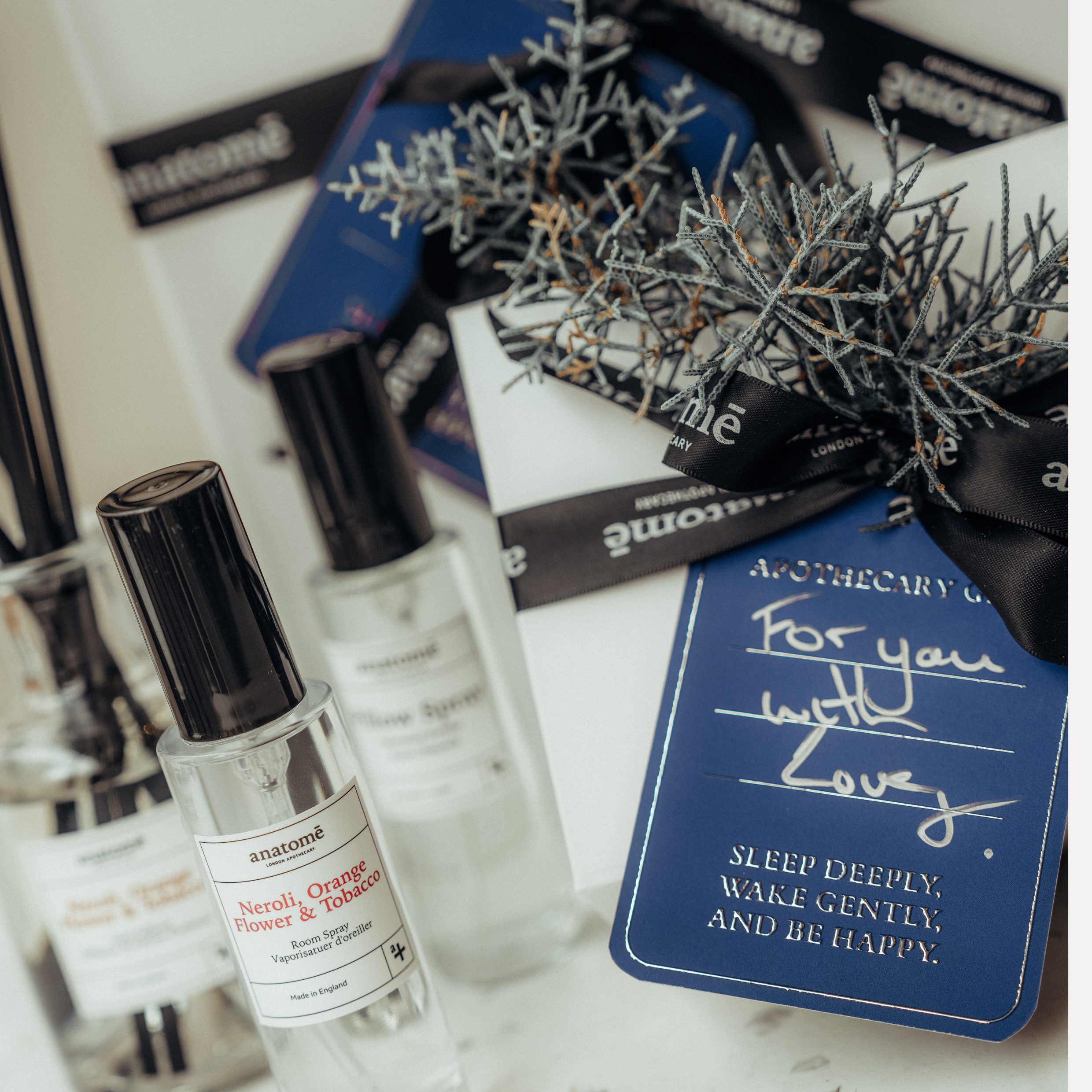Nicki Williams, founder of Happy Hormones for Life, is our go-to women’s health and hormones specialist on our team of a+ Experts – friends of anatomē who have come on board to further support your wellbeing journey.
Before she hit 40, Nicki didn’t know anything about my hormones or health. She was working in a corporate job, had a big team and had two young children. “Every day was like walking through treacle,” she told anatomē founder Brendan Murdock. “It was a long to-do list. It was an achievement just to get through the day. I was working too hard. I had brain fog, had no energy, was massively stressed, was moody and horrible to be around, and I just snapped at everybody. I was putting on weight, where I used to be able to manage that. I was pretty miserable.”
Luckily, Nicki’s dad was a practising doctor and a hormone specialist. She rang him up and explained her symptoms, and he said, “it’s your hormones, you’re in perimenopause.” The word perimenopause didn’t exist back then, and no one had heard it or knew what that was.
He explained what was happening to her hormones “I had no idea because there was no education that women get around what happens to them as they get older,” Nicki said. “He explained what hormones were, how they were changing, and what I needed to do now. I was still on the diet trend, the low-fat trend, all these things that I’d been told were the things to do to stay healthy that wasn’t working for me. He said to me that I needed to reframe my mindset around looking after hormones and nourishing them.”
After speaking to her father, Nicki was still sceptical. So she got tested, which she notes was a game-changer. “From one minute to the next, I realized something physical was wrong with me. It wasn’t just in my head. It was my catalyst to actually start looking at what was going on and making some changes. Within a few weeks of making some changes, I started to feel so much better. I had my energy back, my brain fog lifted, my mood was so much better than my kids actually wanted to be around me, even the weight started dropping off.”
After this, she realized that she had to be part of helping other women not go through what she went through. “I decided this was my new purpose. I wasn’t fulfilled in the corporate world, so I went back to college and gave up my job. I studied nutrition, specialized in hormones, read everything I could about them, and then started Happy Hormones for Life to help other women go through similar things,” said Nicki. “Women are so under-supported in this area because it’s not life-threatening, but it’s chronic. Menopause can happen over 17 to 20 years sometimes and only 20% of women go through it without problems. At the same time, the rest of us will suffer from mild to debilitating symptoms through this journey. The support is very limited in the medical world, unfortunately. Things are changing, but it’s very slow.”

What was life like growing up?
I come from a very long line of doctors. My dad’s a doctor, my grandfather was a doctor, my mum’s a nurse, my grandmother was a nurse. As the eldest child, I was always expected to go into medicine. I had the grades, but I rebelled and decided to do languages instead. I was not going to follow the family line. Life’s come around full circle. I’m not a doctor, but I’m dealing with health issues day-to-day, so it’s a pretty strange journey.
My mum is an amazing cook, so I had the benefit of home-cooked food every day growing up. But, processed foods and snack foods were coming into fashion. We were probably the first generation that was brought up on sugary snacks between meals. My grandparents never had that. Looking back now with hindsight, this was when food started to change, and the industry around processed foods began to pick up on the fact that there was a demand for quick and easy food.
What did your diet look like before becoming a nutritionist?
Because I worked pretty hard, long hours, I lived on processed foods. I didn’t have time to cook and was getting home at 10:00 at night, I would throw something in the microwave and it would be ready in eight minutes or something. It was an absolute lifesaver.
I’d have a lot of ready meals or go out a lot. The social scene of work was strong then as well, so there’d be a lot of alcohol, a lot of burgers, and fast foods. I didn’t eat very well at all.
I’ve always had a love-hate relationship with the scales and dieting in general. Before 40, I lost weight by cutting calories or going on a restrictive deprivation diet. It would always work. So, I could go to the parties and eat fast food and junk food because I knew the next week I could just cut my calories and I’d be back to where I started. Up until 40, that worked fine for me.

What is your approach to get people into a starting position where they’re actually listening and can engage?
The most effective way of doing that is testing. That’s what made me sit up and take notice. We only work with clients through our testing programs. You get more compliance because if people are seeing results on paper, it must be true. Science doesn’t lie.
I test them and show them an adrenal profile over 24 hours of how their cortisol is being released, making them take notice. I’m going to tell them that “your cortisol levels are so high that it’s affecting every single other part of your body” because I can see from the levels of cortisol they’re producing how it relates to their symptoms. They’re going to be much more bought into changing when they can see it on paper. That’s been the single most effective thing that we’ve used in the clinic, by far.
What are the key peak areas that people have to pay attention to?
Adrenals. We’re dealing mainly with women over 40 and looking at sex hormones in particular: estrogen, progesterone, testosterone. We’re also looking at the thyroid and the blood. When you go to the doctor, they look at a tiny part of your whole thyroid pathway, and they don’t even look at your active thyroid hormones. We look at the entire pathway, make sure every single bit of your thyroid is not just normal but optimal. If you’re sitting under optimal, you’re going to have symptoms. We don’t want to be sitting there; we want to be optimal and feel good. The thyroid affects your whole body, from your brain to your feet. The list of symptoms of low thyroid is pages and pages long because it can affect every single part of you: fatigue, weight gain, brain fog, anxiety, depression, hair falling out, feeling cold, high cholesterol, constipation. There’s so many. It’s your whole body slowing down and feeling sluggish. So many people have these types of symptoms, so getting your thyroid checked is an absolute must, and we do that as a default.
What are the key things that a 45-year-old woman should recognize that tell them that something’s not right?
There are loads of things. If you’re not feeling like you did in your 30s, something’s not right. Just because we’re ageing doesn’t mean we need to put up with feeling less energetic or having more brain fog.

What do you mean by brain fog?
Feeling foggy in your brain. You can’t think straight, you can’t make decisions easily like you used to, you’re not as sharp as you were. It’s hard to focus on one thing at a time, hard to concentrate for long periods. You lose the thread a lot of the time; you can’t remember people's names. Memory loss is a big indicator of brain fog as well. It can also feel like you’re hungover and you haven’t had a drink.
Many things can cause brain fog. It could be a real mix of hormones. Low cortisol, which is your stress hormone, can cause a foggy brain. The thyroid isn’t supplying enough energy to the brain, so it sort of gets sluggish. Your sex hormones as well, estrogen mainly, are essential for brain function. If you’re low in those, you can get this fogginess. If your blood sugar dips all through the day from overeating sugar or carbs, your brain can freeze.
That’s why we test because then we can work out which hormone is the most out of balance and probably causing those symptoms.
What are the steps and expectations once someone has been tested to start working on their wellbeing?
Once we know what’s going on underneath, we can then go in and address those imbalances through a mixture of food, supplements and lifestyle changes. Maybe your sleep quality isn’t that good, or you may be falling asleep but waking up in the night. That could be down to low melatonin. It could be down to stress. It could be down to blood sugar. But, when we look at the test results, we can work out what’s not working and then address the biggest imbalance.
What generally happens with hormones is when one’s out of balance, it knocks the others out too. So, when you fix the main imbalance, it has a domino effect on the others.
In general, what does your morning routine look like?
Mine has been honed over the years due to attempts to balance my hormones through menopause. It’s definitely not one-size-fits-all. For me, what works best is getting up in the morning around 7, doing 20 minutes of gentle yoga, a 20-minute meditation and a bit of visualization. Then, I’ll come in and make my coffee with almond milk and late breakfast. I try and have that before 10:00. I practice overnight fasting, so I finish my dinner between 6:00 and 7:00 and won’t have anything to eat or drink after that.
With my coffee, I’ll often have eggs, smoked salmon, avocado and organic bacon. Or soaked oats with seeds; I eat a lot of flax seeds and berries, which are good for estrogen balance.
My breakfast is so full of protein and healthy fats that it keeps me going. I’ve always struggled to drink enough water because I tend to forget, so I try and get two big bottles filled up a day. I absolutely love the three things that I never ever gave up when I went off to nutrition college: coffee, chocolate and red wine.

What are you doing to relax?
This is a real issue for me. My Achilles heel is stress. I’m not a stressed type of person, but my job is so busy, and it’s non-stop. This last year we’ve grown so quickly that it’s tough for me to step back and actually take a lot of time off. The biggest thing for me is screens. I’ve sort of been a bit addicted to my work and my phone, and I really am aware of it. I don’t have screens and phones in the evenings. I sleep brilliantly because I don’t look at my phone after 7:00.
It’s an incredible tool, but over-reliance on it is just frying our brains, and it does fry my brain sometimes. I’m very wary, and I’m trying to put new rules in place.
What places in the world do you find peaceful and exciting to visit?
The beach is my favourite place in the world, so anywhere near the sea would be my first choice. In July, we’re off to the Welsh coast for a change. Normally it would be Turkey or Greece, or somewhere with blue seas and lots of sunshine. But, this year, we’re not going to travel until it’s all settled down a bit. Just put me by the sea, and I’m a happy bunny.
When you’re away, what food do you indulge in, what books would you find in your bag to read and is there any music or sounds that you find particularly restful?
On holiday, I’d eat at restaurants probably every night if I had the choice. I think chips would be my indulgence, which I don’t usually have at home. I would bring fiction to read because I never normally get the chance. I’ve always got my head in either a nutrition book or a business book, so a good story would be blissful for me to read and just take me completely away from my everyday life.
For music, I would have a playlist. My kids are 21 and 18, and one of their favourite nights is when my husband and I put on the oldies. They’re both 80s music lovers, so we put on ABBA, and we have a good old boogie.

Looking back at your younger self, what advice would you give yourself?
I would go to my dad a little bit earlier than I did. I would focus on my health rather than how I look. I wish I had done that a little bit more back then. But, you don’t really change things until you have to. So, I don’t have too many harsh words to say to my younger self. I didn’t know any better. Getting educated would be a big thing. Research, get yourself educated, understand what’s happening to your own body.
Do you have any advice for anyone who feels quite blue or down or overwhelmed across the board?
I would say you don’t have to suffer alone. Find support groups, find somebody you can work with to try and help you get out of it. Certainly, don’t blame yourself or beat yourself up. Depression and anxiety, most of the time, are physical imbalances in the body, and there are many, many ways that you can rebalance those imbalances. Exercise is critical. Getting out into nature is one of the most important things you can do. Take time for yourself, and maybe just do very short meditation practice. When you’re low, or you’re anxious, the thought of actually doing something about it can be just too much. Start with baby steps – sit for two minutes and listen to somebody guide you through something. Or get out in nature for five minutes a day. But, absolutely get support. It’s tough to do things on your own, especially when you’re that low.
The name of your company is Happy Hormones. Happiness for different people is different things, but what is happiness to you?
Happiness to me is not always expecting to be happy 100% of the time because life isn’t like that. To know happiness, you have to know the opposite. It’s yin and yang. When you’re not happy, know that it’s temporary. Life has a way of turning and getting you back to a happy state.
To me, it’s a balance of being completely fulfilled at work and in your relationships. Connection is so important. I have an amazing husband and two amazing kids. For me, that is a real connection, and that fulfils me in a different way. Feeling healthy is another big part of feeling happy because it’s the worst if you’re not healthy. It’s not always perfect; nothing ever is. But, most of the time, I’ve got the right balance.
What is your bedtime routine? And, what have you developed over the years that works for you?
I’m going to bed earlier and earlier. I find that I need more sleep than ever, which is strange because I know a lot of women, as they get older, get by on less sleep. But, I find I operate best when I’ve slept a good eight to nine hours. I know that seems a lot for a lot of people, but that’s what works for me. Everybody’s different. I need to go to bed at 10:00. I need lights off, gadgets off, everything off, and then, I’m asleep within about 10 minutes.

